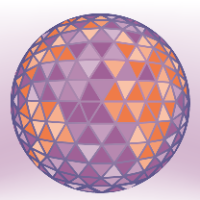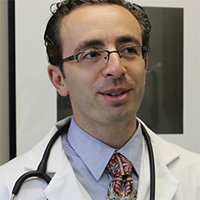The changing landscape of cancer vaccines: developing in situ vaccination
Immuno-Oncology Insights 2022; 3(11), 541–546
DOI: 10.18609/ioi.2022.054
Published: 15 December 2022
Interview
Abigail Pinchbeck, Assistant Editor, BioInsights, speaks to Joshua Brody, Director, Lymphoma Immunotherapy Program, Tisch Cancer Institute, Mount Sinai
Cancer vaccines could prove a valuable addition to the immunotherapy repertoire, but they are yet to reach their full potential. To bring these medicines to patients, several developmental hurdles must be overcome. In this interview, Joshua Brody, Director of the Lymphoma Immunotherapy Program at Tisch Cancer Institute discusses his work on in situ vaccination, and how personalized cancer vaccines could become the next immunotherapy frontier in 2023, and beyond.

